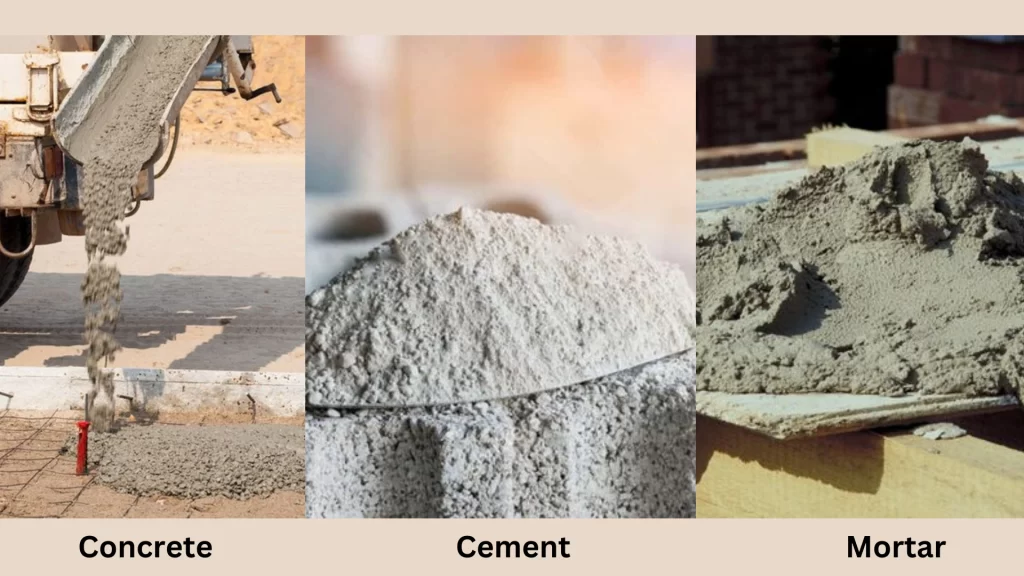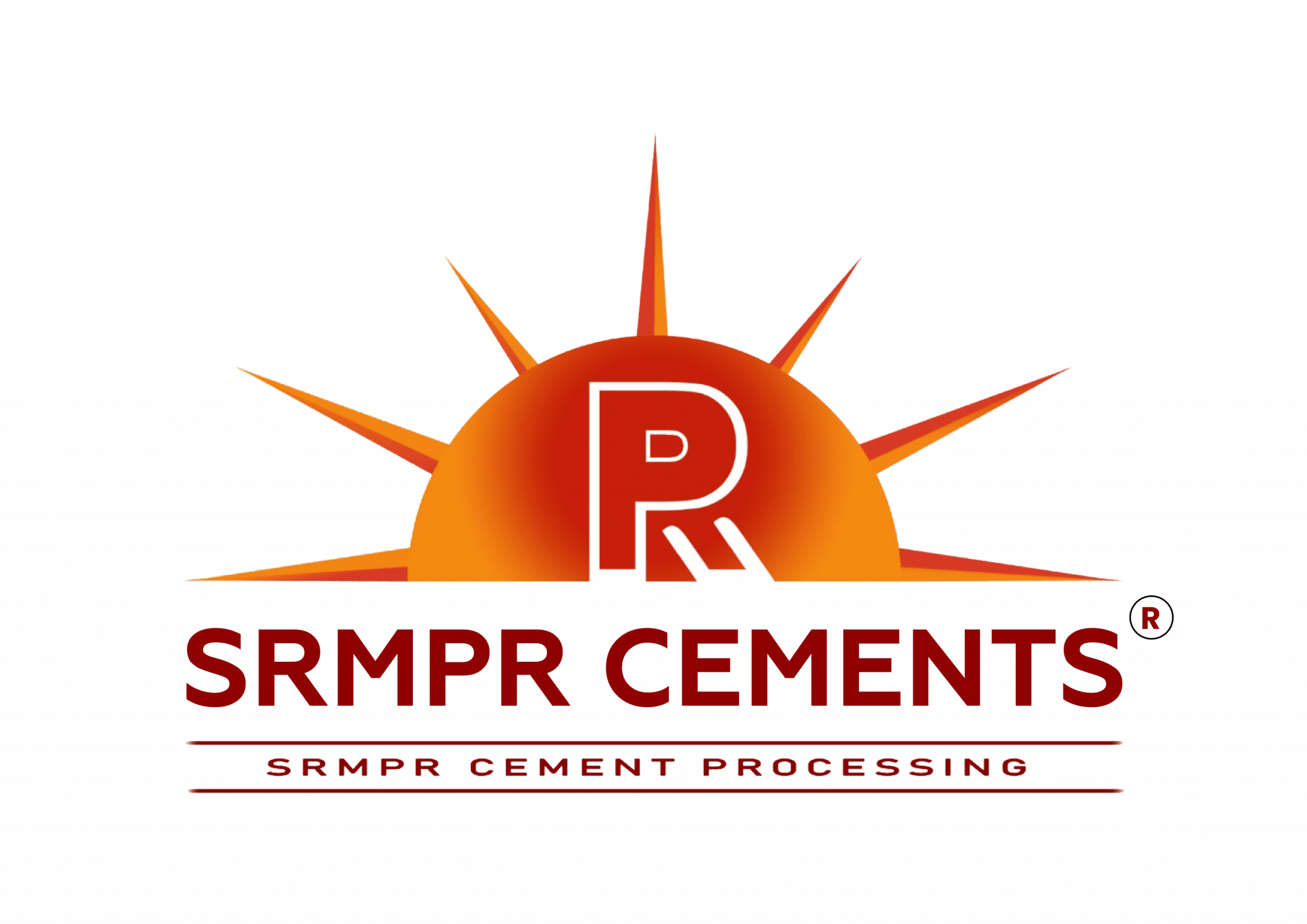Some people use the terms cement, concrete, and mortar interchangeably, which can be confusing for DIY enthusiasts and beginner builders. However, these are three distinct materials with specific uses. The basic difference is that concrete is a mixture of cement, water, and aggregates; cement is a fine binding powder used as an ingredient in concrete (and never used alone); and mortar is composed of cement, water, and sand.
As leading concrete suppliers for Greater London, Hertfordshire, Bedfordshire, Buckinghamshire, and Northamptonshire, we aim to shed light on the uses and benefits of each material, helping you choose the right one for your project.
Allow us to explain in further detail!
Concrete
History and Uses of Concrete
Concrete has been around for centuries, with ancient civilizations using a version of it to build cities and develop the world. Today, concrete is a fundamental material in construction, used in projects ranging from bridges and roads to drains and foundations. For smaller home projects, concrete is used for paving slabs, driveways, and as the footings for structures.
Benefits of Concrete
Concrete is strong, durable, and relatively low-cost, making it ideal for large structures that need to support heavy loads. It can last for decades with proper care. Although it starts as a dry mixture, adding water makes it a more workable, semi-liquid substance that is easy to transport and pour.
Composition of Concrete
Concrete is made of water, aggregates (such as sand or gravel), and cement. The mix can be tailored to meet the needs of a specific project. Concrete can be pre-mixed and delivered ready to use, or it can be mixed on-site to adjust for particular requirements.
Cement
Uses of Cement
Cement is often confused with concrete but is a key ingredient in concrete. It is incorrect to use the term cement when referring to concrete, as cement alone is not a usable construction material. Cement is also used to make mortar and screeds.
Benefits of Cement
Cement provides strength to the concrete mix. Its primary benefit lies in its binding properties, which are crucial for creating strong and durable concrete.
Composition of Cement
Standard cement is a mix of oxides, lime, or calcium silicates. These components facilitate a reaction when mixed with water and aggregates, creating concrete. Some types of cement harden simply by contact with air, involving a slightly different chemical makeup.
Mortar
Uses of Mortar
Mortar, thicker than concrete and cement, is primarily used in brickwork to bind bricks together. It offers a softer finish than concrete, allowing for slight shifts in structures over time. Mortar is also used in other masonry-based work, involving concrete blocks and stones.
Benefits of Mortar
The thickness of the mortar makes it easier to control and apply. It can be laid with a trowel and doesn’t require pumping. The softer finish accommodates slight structural shifts without needing repairs.
Composition of Mortar
Mortar is a mix of cement, water, fine sands, and a limestone additive. Different strengths are available, suited to various types of work and buildings. Unlike concrete, mortar is not as durable, making it better suited as a bonding material rather than a primary building material.
Conclusion
Understanding the differences between concrete, cement, and mortar helps you choose the right material for your project. Concrete offers strength and durability, cement provides binding properties, and mortar is ideal for masonry work.
At SRMPR Cements, we simplify the process of selecting the right concrete mix for your needs, whether for construction trade or home DIY projects. Our professional team can recommend the most suitable mix and arrange delivery at your convenience.
For quality products and excellent service, choose SRMPR Cements. Our commitment to providing high-quality materials like concrete, cement, and mortar ensures your construction projects are robust and sustainable. SRMPR Cements is dedicated to delivering the best solutions, helping you achieve successful and durable results in all your construction endeavors. Contact us today to find out how we can assist you!




Thank you for your Valuable Information of
Best Cement dealer in Pune